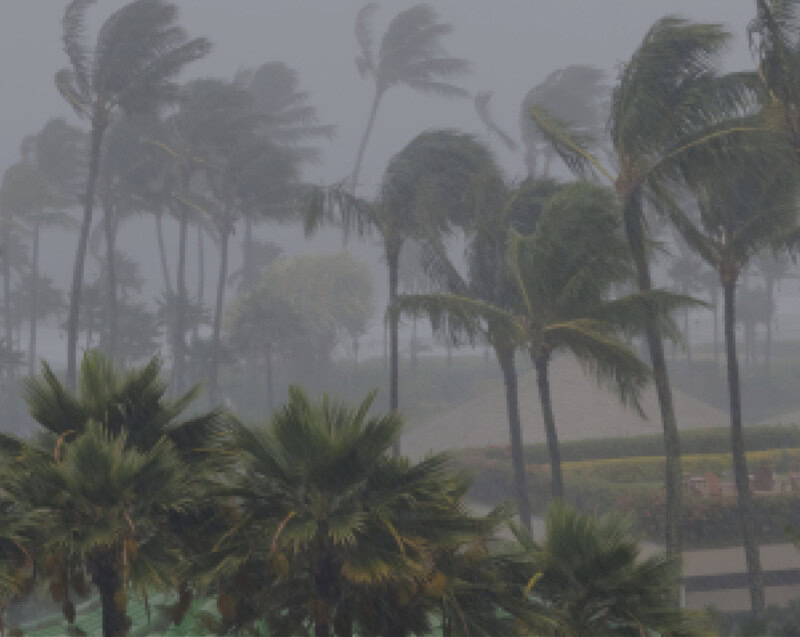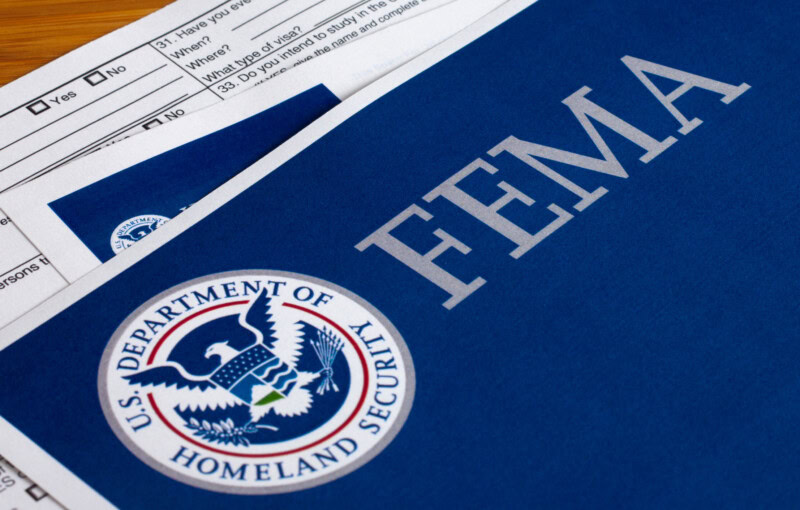The 2024 hurricane season may be one for the record books. Pair the Atlantic’s warm temperatures and reduced trade winds with the Pacific’s La Nina conditions, and the National Oceanic and Atmospheric Administration expects a flurry of powerful storms and “above-normal hurricane activity.” Colorado State University forecasts show an “extremely active” season, including 23 named storms (winds 39+ mph), 11 hurricanes (winds 74+ mph), and five major hurricanes (winds 111+ mph).
During our nearly three decades of responding to natural disasters, including hurricanes, we’ve seen firsthand how preparedness can expedite the recovery process and enhance people’s and communities’ long-term resiliency. To help those potentially in the path of the storms ready for the busy season ahead, our emergency response experts are sharing four tips to jump-start the planning process:
- Develop an evacuation plan: Individuals should know their evacuation zone to determine, map out, and practice routes before a storm hits. Households are also advised to create emergency communication plans and place them in secure locations, such as cars, in case of separation from family members.
- Create an emergency supply kit: Designed to meet a household’s basic needs, a kit should include food (non-perishable or canned items and associated materials like utensils for 3-7 days), water (one gallon per person daily for 3-7 days), cash, a battery-powered radio, a first aid kit with prescription medicines, and other essentials, such as backup phone batteries and required pet gear.
- Safeguard critical documents: It is vital to have quick access to the documents needed to file an insurance claim. Individuals should collect or make copies of sensitive materials like birth and marriage certificates, driver’s licenses, Social Security cards, house deeds, wills, insurance policies, and other valuables for ease and efficiency. They should properly store them in a waterproof container, safe deposit box, or secure cloud-based platform.
- Maintain your supplies: Households should set reminders to refresh and replenish their emergency kits as needed throughout hurricane season. Ensuring a fresh, safe supply of water is especially important. The Federal Emergency Management Agency recommends that individuals seal and add a date label to their bottles before storing them in a cool, dark place.
As the frequency and intensity of climate-driven natural disasters like hurricanes increase, CTEH stands ready to help people and communities prepare for, respond to, and recover from these events. For help, contact our seasoned team of experts here.




